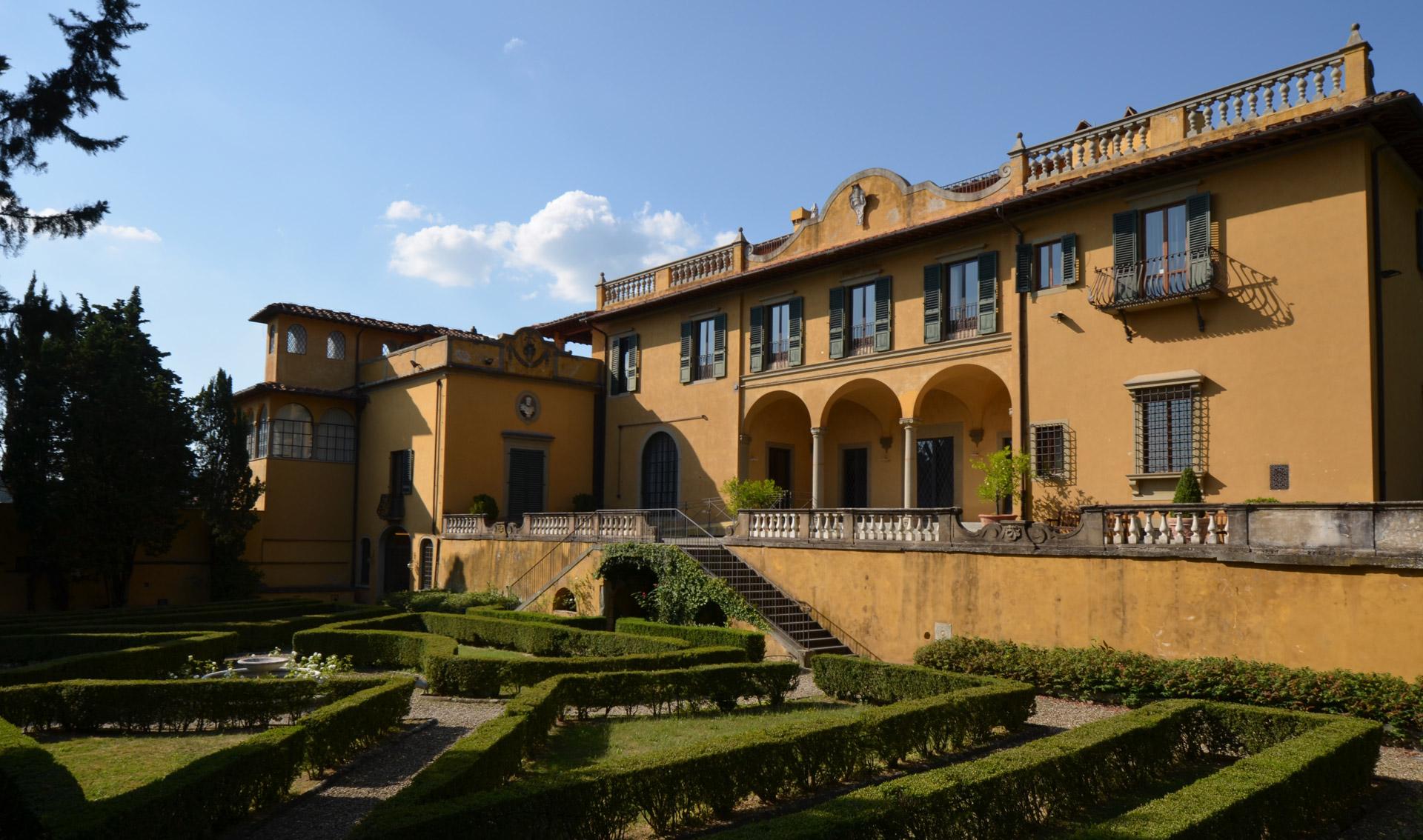Last week we were delighted to welcome Professor Bridget Anderson for the University of Sheffield Migration Research Group inaugural annual lecture. Bridget is Professor of Migration and Citizenship and Deputy Director of the Centre on Migration, Policy and Society (COMPAS) at the University of Oxford, and the author of Us and Them? The dangerous politics of immigration control (OUP, 2013). Before her lecture, entitled “Joining the Dots: Rethinking the Worker Citizen”, Professor Anderson spoke to MIGPROSP Research Associate Leila Hadj-Abdou:
What are you working on right now?
At the moment my work is quite focused on the legal status of citizenship and its interaction with political and social status. In the past I’ve done work on low-wage labour migration, trafficking, and domestic labour.
How did your academic career start?
Well I suppose I’ve had an unusual career in that I walked backwards into academia. I actually started off organising undocumented workers in London in the mid-1980s. As part of that work I wrote a kind of campaigning book and I then got some funding to write about domestic workers in the European Union and the Commission said “We need to give this money to an institution”. So somebody said: you could do it as a PhD and then they could give the money to the university.
What was your motivation for your work for migrants’ rights in the 1980s?
I originally came in because of an interest in solidarity politics, particularly Philippine solidarity politics. I began to feel rather removed from that, but I could see the connection between the situation at that time in the Philippines and the position of migrant workers in the UK. I myself was working as a live-in domestic worker so that also encouraged me to think about the nature of that kind of work.
Joining the dots: what’s the focus of your lecture today?
I’m going to talk about the welfare scrounger. In the UK there’s a discourse which is very strongly anti-immigration, so that’s one baddie. And then another baddie is the welfare scrounger. And when they’re brought together it’s either the immigrants taking jobs and forcing British people onto welfare benefits. Or it’s the good hard-working migrant who can really show these lazy Brits how they should be working. I think it’s really important that we overcome that dichotomy and find political ways of framing people who are claiming welfare benefits and low-wage migrants, using the same analytical and political lens.
Are there links between your work and that of MIGPROSP?
I think it’s a fantastic project and there’s quite a strong link. I’m interested now in the question: why is migration such a problem? Why do we turn it into such a problem? People have always moved – they’ve moved and roamed across the world. So what are the things that make it a difficulty and something that we regard as being a real challenge. I think that is really quite overlapping with this question of governance.
You can watch the interview with Bridget Anderson here: https://www.youtube.com/watch?v=K8PwfGsg2O0

